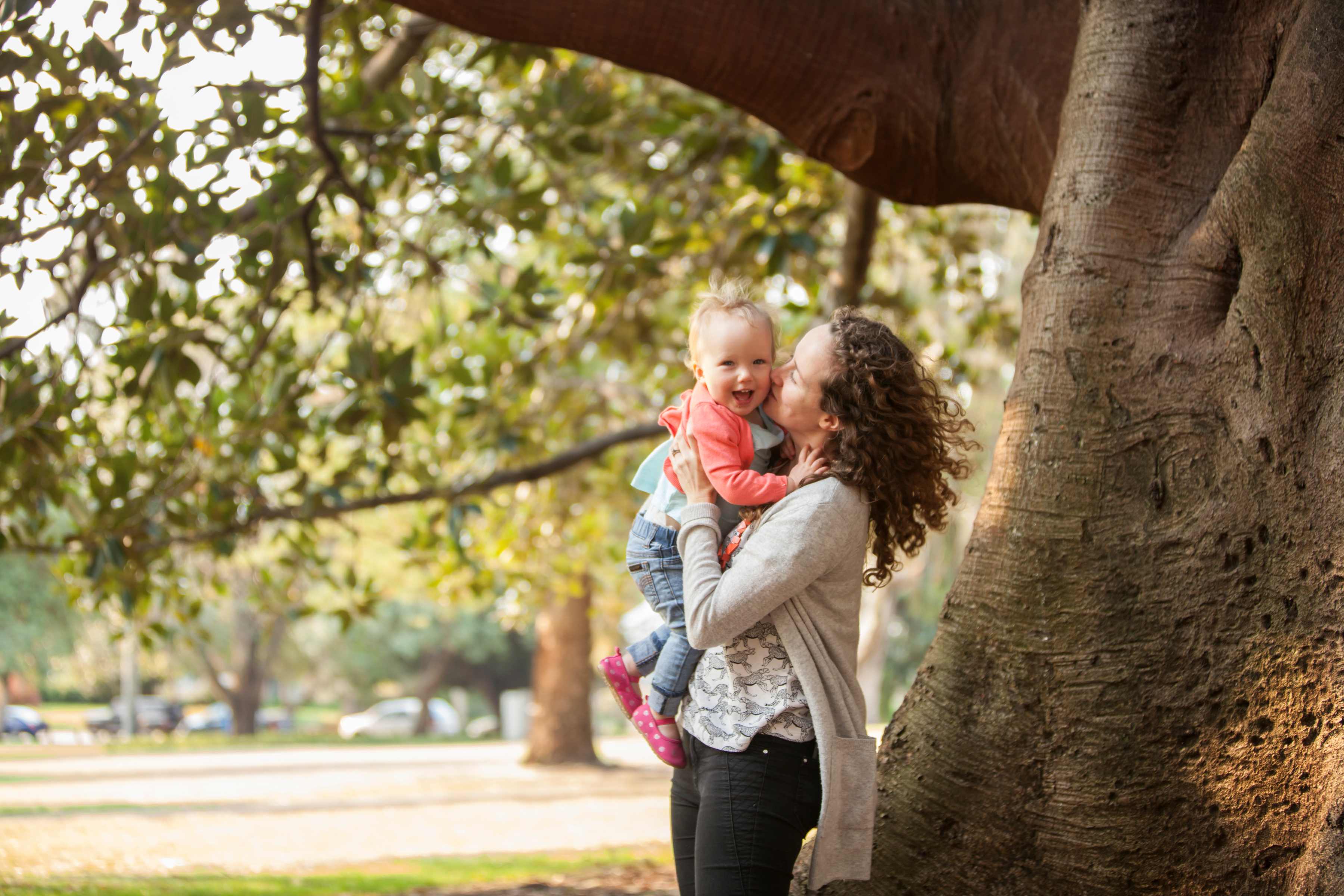Search
Showing results for "Au"
Research
FASD Hub AustraliaCarol Bower MBBS MSc PhD FAFPHM DLSHTM FPHA Honorary Emeritus Fellow 08 6319 1813 carol.bower@thekids.org.au Senior Principal Research Fellow;
Research
PneumoWA: A case-control study of the role of viral and bacterial pathogens in causing pneumonia among Western Australian childrenChristopher Elke Jennifer Peter Tom Blyth Seppanen Kent Richmond Snelling MBBS (Hons) DCH FRACP FRCPA PhD BSc PhD RN MBBS MRCP(UK) FRACP BMBS DTMH

Researchers at The Kids Research Institute Australia are studying a new pneumococcal vaccine designed to provide a broader protection for 21 serotypes of the bacteria S. pneumoniae – 8 more serotypes than the current vaccine given to new babies.
Registration Testimonials Registration for IIC Perth includes: 2-day lecture program with global experts in infectious diseases Course materials
Research
Distinguishing benign from pathologic TH2 immunity in atopic childrenIn addition to its role in blocking TH2 effector activation in the late-phase allergic response, IL-10 is a known IgG1 switch factor
Research
How many infants are temperamentally difficult?In this letter, the authors respond to the commentary on Chong et al. “How many infants are temperamentally difficult?”; by correcting errors, & then...
Research
CD4 allergen tetramersThe introduction of class II tetramers for identifying antigen-binding CD41 cells has lagged behind the use of class I tetramers because of difficulties...
Research
The role of dendritic cells and regulatory T cells in the regulation of allergic asthmaAirways hyperresponsiveness (AHR) is one of the major clinical features of allergic airways disease including allergic asthma
Research
Self-Reported Traumatic Brain Injury and Its Biopsychosocial Risk Factors in Siblings of Individuals with Neurodevelopmental ConditionsSiblings of individuals with neurodevelopmental conditions are situated within a complex system of risk and resilience factors for poor outcomes, many of which overlap with the risk of traumatic brain injury and correlate with poorer recovery trajectories.
